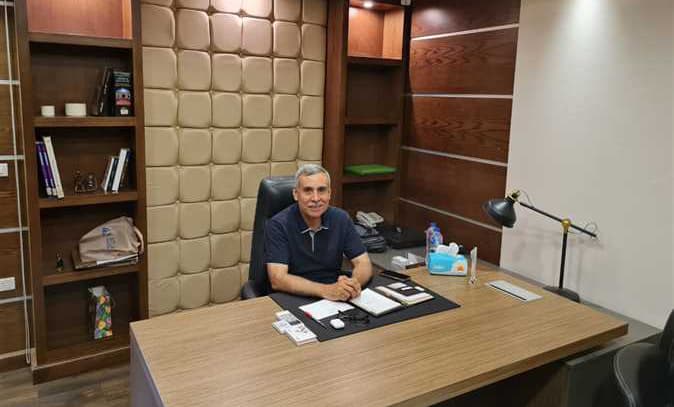
The Board of Directors of the paper and cardboard division of the Chamber of Printing & Packaging Industries of the Federation of Egyptian Industries (FEI) led by the division’s head Jamal Al-Saudi has prepared a case study on strategies to develop the paper and cardboard industry and the challenges it faces, for submission to the responsible authorities for their timely action.
Al-Saudi pointed out that the study contains 15 recommendations for solving all the major problems faced by the paper and cardboard industry in Egypt and ways to develop them and increase the sector’s exports.
The recommendations include the need to find a legal and economic mechanism for importing showerheads in a combined form for pulp and paper factories; procedures for allocating and purchasing land in industrial zones for factory expansions and inclusion of land for existing industries; accelerating customs clearance procedures; looking into the delay in providing electricity and gas to factory units as well as fixed installments and excessive fines on sewage; imposing a temporary protection fee, whenever necessary, on imports of paper, cardboard, and cartons imported from abroad to protect the local industry and increase state revenue; abolition of the exemption from export fee for free zones within the Republic; encouraging exporters and supporting investment expansions with speedy payment of export dues for the previous year with the Export Development Fund; activating the dual registration mechanism between the Ministry of Finance and the foreign trade sector at the Ministry of Industry on the origin of imported paper and cardboard to ensure conformity with standard specifications, by registering approved foreign companies exporting to Egypt; applying the price improvement mechanism to the value of reduced-price paper and cardboard import bills, at all customs outlets in the Republic; the role of the Industrial Development Authority (IDA) in approving only the new industrial licenses that the state requires to fill the deficit in the needs of the local market; to purchase local products through government tenders instead of imported ones; growing forests and using treated sewage water as part of a green belt in industrial areas; abolition of real estate tax on industrial buildings; to introduce local and international facilities and avail grants to make maximum use of them in the local paper and cardboard industry; and finally the necessity of continuing the Central Bank’s initiative to provide financing at a reduced price in the form of long or medium-term loans, according to the priority of alternative industries for imports or exports.




